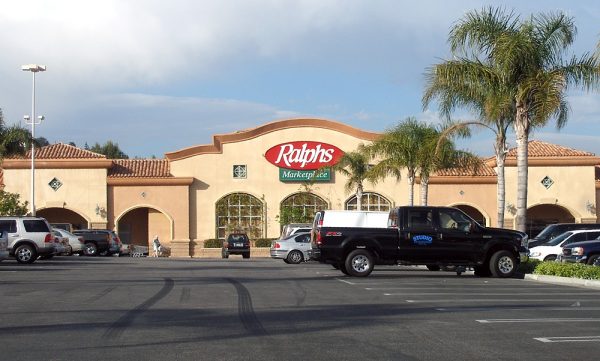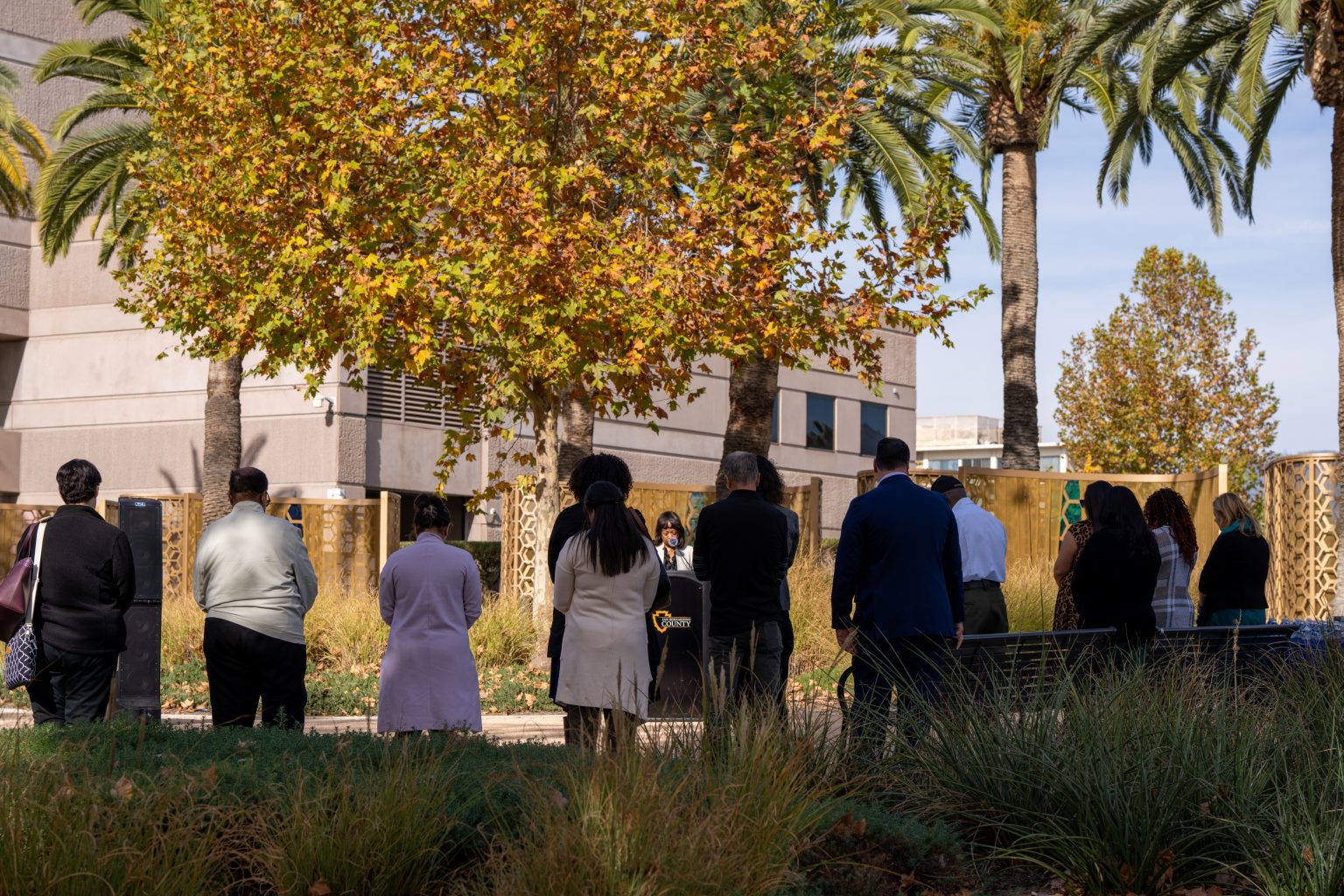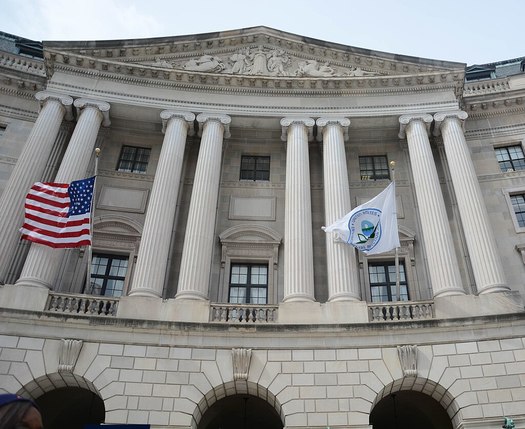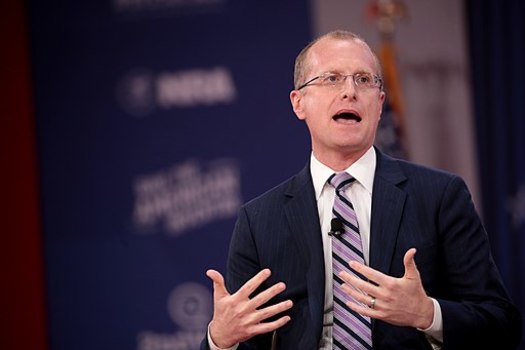Albertsons Cos. Inc. has canceled merger plans with The Kroger Co. after two judges on Tuesday sided with federal regulators who argued the deal would hinder competition, result in higher prices and be bad for grocery workers.
Albertsons then filed a multibillion-dollar lawsuit Wednesday against Kroger, alleging breach of the merger agreement for not doing enough to secure regulatory approval for the $24.6 billion deal.
Judges in Oregon and Washington issued decisions within hours of each other Tuesday that were unfavorable to the merger. The judge in Oregon agreed with Federal Trade Commission regulators who said a combined Albertsons-Kroger supermarket chain was a violation of consumer protection laws. The judge in Washington blocked the merger hours after the Oregon decision.
The FTC, California and seven other states sued in February in an attempt to block the proposed merger.
Kroger officials countered that the alliance would enable the newly combined company to compete more effectively with large retail conglomerates such as Walmart and Amazon. Kroger claimed the merger would not cause higher prices for consumers or widespread store closures and job cuts. To ensure existing stores continue operating post-merger, the company said it would transfer 579 stores to C&S Wholesale Grocers.
At the conclusion of a three-week trial, however, U.S. District Judge Adrienne Nelson sided with the FTC. The Portland, Oregon-based judge ruled that the merger would eliminate competition between two of the largest grocery chains in the U.S., resulting in higher prices, the possibility of fewer jobs and negative impacts on unionized grocery workers.
Separately on Tuesday, a Washington state court judge in Seattle ruled against the merger.
The FTC issued a prepared statement by Bureau of Competition Director Henry Liu following the rulings Tuesday:
“The FTC, along with our state partners, scored a major victory for the American people, successfully blocking Kroger’s acquisition of Albertsons,” Liu said.
“This historic win protects millions of Americans across the country from higher prices for essential groceries — from milk, to bread, to eggs — ultimately allowing consumers to keep more money in their pockets. This victory has a direct, tangible impact on the lives of millions of Americans who shop at Kroger or Albertsons-owned grocery stores for their everyday needs, whether that’s a Fry’s in Arizona, a Vons in Southern California, or a Jewel-Osco in Illinois,” the statement continued.
“This is also a victory for thousands of hardworking union employees, protecting their hard-earned paychecks by ensuring Kroger and Albertsons continue to compete for workers through higher wages, better benefits, and improved working conditions,” Liu said.
An Albertsons spokesperson told Reuters, “We believe we clearly outlined during the proceedings how the proposed merger would expand competition, lower prices, increase associate wages, protect union jobs, and enhance customers’ shopping experience.”
Albertsons and Kroger issued statements on Albertsons’ lawsuit filed Wednesday in the Delaware Court of Chancery.
“A successful merger between Albertsons and Kroger would have delivered meaningful benefits for America’s consumers, Kroger’s and Albertsons’ associates, and communities across the country,” Tom Moriarty, Albertsons general counsel and chief policy officer, said in a statement. “Rather than fulfill its contractual obligations to ensure that the merger succeeded, Kroger acted in its own financial self-interest, repeatedly providing insufficient divestiture proposals that ignored regulators’ concerns. Kroger’s self-serving conduct, taken at the expense of Albertsons and the agreed transaction, has harmed Albertsons’ shareholders, associates and consumers. We are disappointed that the opportunity to realize the significant benefits of the merger has been lost on account of Kroger’s willfully deficient approach to securing regulatory clearance.
“We are taking this action to enforce and preserve Albertsons’ rights and to protect the interests of our shareholders, associates and consumers,” Moriarty continued. “We believe strongly in the merits of our case and look forward to presenting it to the Court to hold Kroger responsible for the harm it has caused.”
Kroger, which is the parent company of Southern California grocery giant Ralphs, Food 4 Less and other stores, responded to the lawsuit filing:
“Albertsons’ claims are baseless and without merit,” according to a company statement Wednesday. “Kroger refutes these allegations in the strongest possible terms, especially in light of Albertsons’ repeated intentional material breaches and interference throughout the merger process, which we will prove in court. This is clearly an attempt to deflect responsibility following Kroger’s written notification of Albertsons’ multiple breaches of the agreement, and to seek payment of the merger’s break fee, to which they are not entitled.
“Kroger looks forward to responding to these baseless claims in court. We went to extraordinary lengths to uphold the merger agreement throughout the entirety of the regulatory process and the facts will make that abundantly clear,” the statement continued. “We are incredibly proud of the Kroger team for how they worked through the merger process with the highest degree of integrity and commitment. We are confident in Kroger’s value creation model to drive sustainable growth.
“Kroger’s Board of Directors is currently evaluating next steps that serve the best interests of Kroger’s customers and associates, and create value for shareholders,” the statement concluded.
Following the court rulings enjoining the proposed merger and Kroger’s alleged failure to complete the merger before the contractual deadline, Albertsons’ lawsuit contends the company is entitled “to an immediate $600 million termination fee and removes contractual constraints on Albertsons’ ability to pursue other strategic opportunities,” according to the company’s statement.
“In addition to the $600 million termination fee, Albertsons is entitled to relief reflecting the multiple years and hundreds of millions of dollars it devoted to obtaining approval for the merger, along with the extended period of unnecessary limbo Albertsons endured as a result of Kroger’s actions,” company officials said. “Albertsons further seeks to recover certain expenses and costs.”
Officials from the United Food and Commercial Workers Union, which represents grocery workers, said the merger “would be disastrous for shoppers who deserve competition that leads to better choices and lower prices.”
According to the union, “The merger would be detrimental to our communities, would harm farmers and suppliers who deserve a healthy balance to negotiate fair prices for their hard work. Instead, the proposed merger would create an out-of-balance system that drives up prices, drives out competition, and drives down wages and safety standards.”
California Attorney General Rob Bonta praised the merger cancelation.
“Halting the Kroger and Albertsons megamerger is a win for California households and communities,” Bonta said in a statement Tuesday. “As many families continue to feel the burden of inflation, fighting corporate consolidation that threatens to increase grocery prices is more important than ever. In some markets in Southern California, Kroger-Albertsons would have been the only one-stop grocery option, leaving consumers limited choice over where to shop — and for workers in this industry, where to work. I am tremendously proud of the work of my office and our partners across the state and country in raising the alarm about what this merger would have meant for our communities.”
The planned merger was announced in 2022 and aimed to consolidate ownership of Ralphs, Albertsons, Vons and other supermarket chains. Kroger reported the merged company would include nearly 5,000 stores, 66 distribution centers, 52 manufacturing plants, 3,972 pharmacies and 2,015 fuel centers.
More than 710,000 people work for Kroger and Albertsons.







